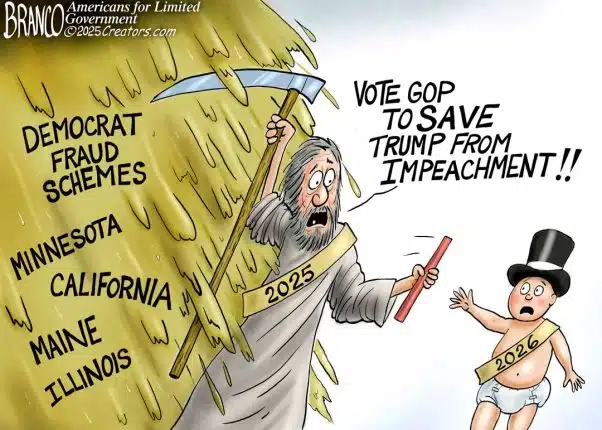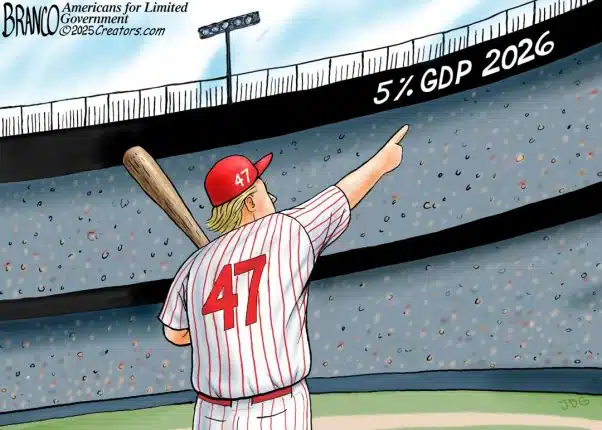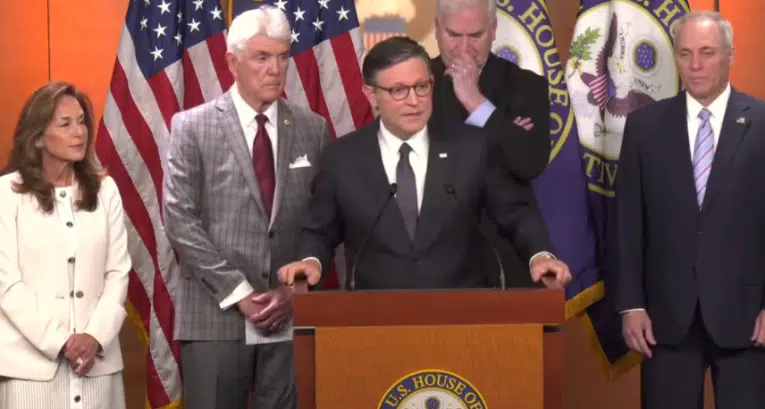 By Rebekah Rast — Coal miners have made it clear that they don’t like where their industry is headed.
By Rebekah Rast — Coal miners have made it clear that they don’t like where their industry is headed.
Both presidential candidates are busy trying to win over this class of voters given the importance of the states where they reside, especially Ohio, Pennsylvania and Virginia.
It’s been a hard sell for President Obama; his brashness against the coal industry in 2008 by predicting their bankruptcy hasn’t aided him in this endeavor. And though Romney has proved somewhat more popular in the coal industry, it’s still anyone’s game.
However, one thing is very clear — President Obama does indeed understand the free market.
The latest commentary coming from media, White House and even energy experts is coal is simply being priced out of the marketplace. Though some of these mediums might admit it is partially due to expensive Environmental Protection Agency (EPA) regulations and new labor safety laws, most the blame for this shift in price and preference points to the natural gas industry.
The Plain Dealer in Cleveland reports:
“The danger to coal’s present and future comes from America’s — and Ohio’s– recently unleashed oceans of natural gas. The Wall Street Journal reported last week that coal is producing 18 percent less electricity than last year. Natural gas is generating 30 percent more. Coal’s not vanishing — there’s still a huge foreign market and it’s needed to make steel — but its role in domestic energy production is changing.”
The Washington Post reports:
“But some of the higher costs of mining have nothing to do with regulations, many analysts say. ‘The issues aren’t mine inspectors and environmentalists. It’s a geological fact of life in central Appalachia,’ said Tom Sanzillo, a former senior official in the New York State comptroller’s office and now a financial consultant. ‘You mine for 100 years and you take a lot of coal. It’s the cost of production. That’s the reality of it.’ ”
Interesting how America’s 200-year supply of coal is suddenly too expensive or no longer easily accessible.
Or not. Maybe it has much more to do with environmental and safety regulations than what this Administration would like people to think. It is, after all, just a few days before the election.
A report from the House Natural Resources Committee states, “The harmful effects of President Obama’s war on coal are starting to hit families in states like Ohio, Pennsylvania, and West Virginia as an estimated 175 coal fired power plants are scheduled to close from 2012 to 2016. Regulations imposed by President Obama will put thousands of hard working coal miners out of work and cause 27 million family homes to switch to more expensive energy when they can least afford it.”
With regulations affecting so many coal-fired power plants, doesn’t it make economic sense that coal production levels would decrease, costing jobs?
If coal supplies decrease and extracting a resource like natural gas becomes more prevalent and available, then many customers are likely to make a switch.
It isn’t that the cost of coal on its own has become uncompetitive, it’s because of government regulations and market manipulations that the price is increasing and other forms of energy are becoming more viable.
Playing with the free market and pointing fingers at the newest and latest innovations of another field is an excellent way to pass the blame and try to win over the one industry you’ve been working so hard to destroy for four years.
There is indeed a war on coal and it just so happens to impact those states where President Obama desperately needs more support.
Ironically, this progression of energy development may have occurred on its own without government intervention. Natural gas extraction and use as an energy source has given the coal industry some healthy competition. If the government hadn’t made the future of coal so uncertain with the use of regulations that attack the cost of mining and threaten increased prices for its customers, the coal industry would have had the unique opportunity to fight back in new and innovative ways.
This kind of healthy competition only works to consumer’s advantage.
Too bad this isn’t how it worked out. If it had, Americans would likely be looking at lower energy bills — now and in the future and coal miners would be looking at job security instead of the unemployment lines.
Oh, and President Obama’s road to reelection would face much less opposition.
Rebekah Rast is a contributing editor to Americans for Limited Government (ALG) and NetRightDaily.com. You can follow her on twitter at @RebekahRast.






